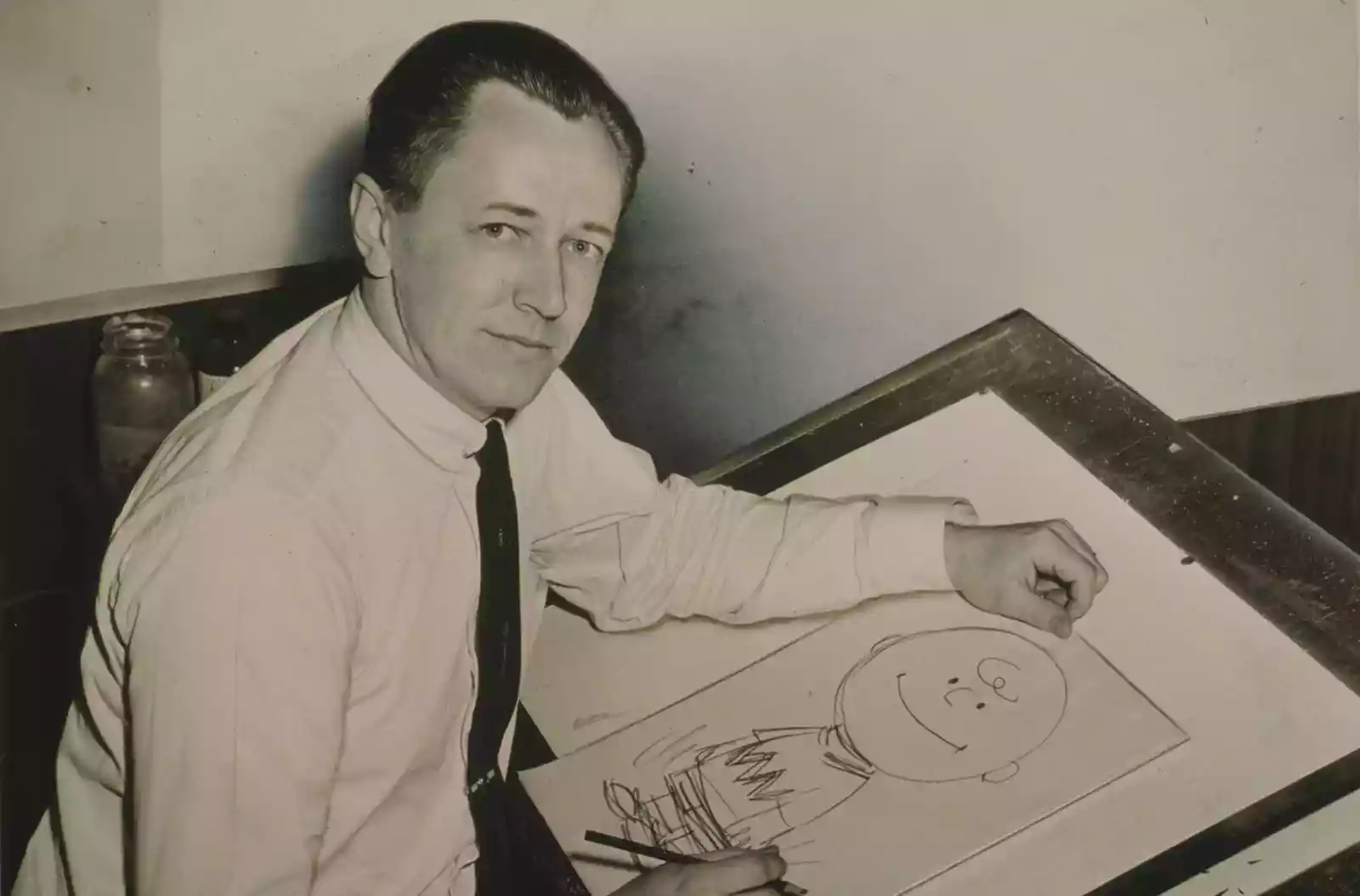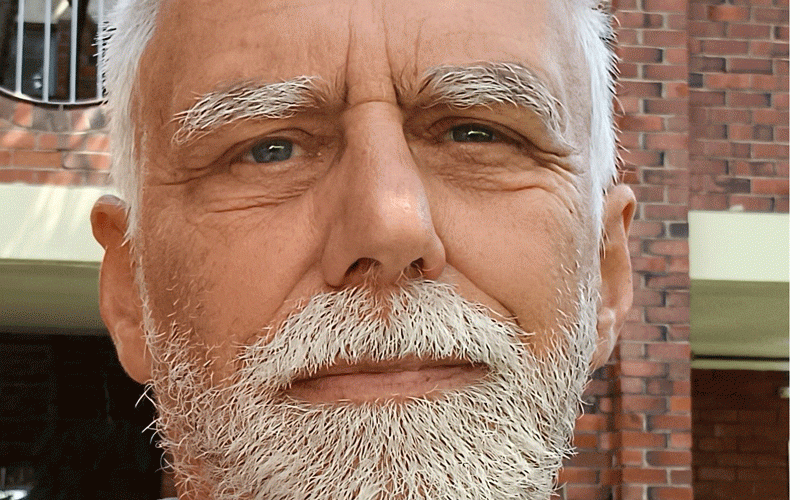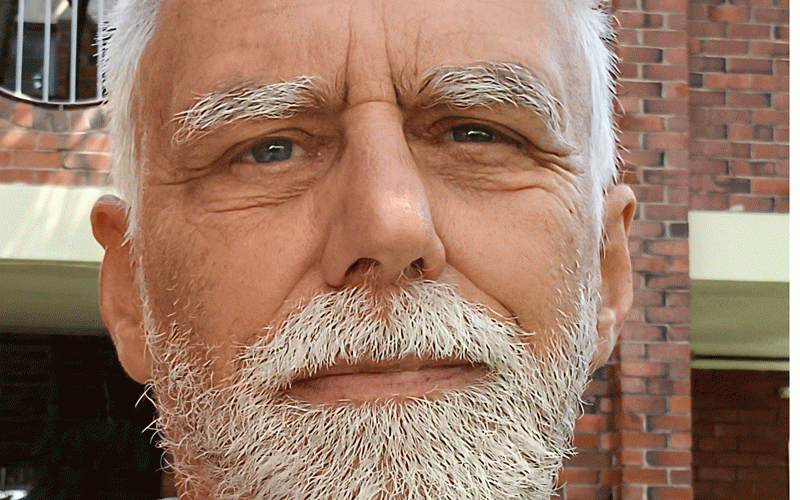
Charles Schulz first introduced the world to Charlie Brown in 1950 in his Peanuts cartoons. While in later years Snoopy, Charlie Brown’s dog, received more attention and popularity, Charlie Brown remained the poor victim of the circle of friends and family he had. His catchphrase, “Good grief!” has become a byword around the world (despite begging the question how grief can be good in any manner of speaking) while it was most often uttered when the ‘fussbudget’ (meaning fault-finding person) friend Lucy always snatched the ball away when he was about to kick, causing him to fall flat on his back. Lucy was the one who decreed that he was a ‘blockhead’ — in short, he was very simple.
Of course, we might question such a verdict as many of Charlie Brown’s quotes show much wisdom and insight, as well as humour. He once said “I guess it’s wrong to be worrying about tomorrow. Maybe we should think only about today…” while he later decided “But I’ve developed a new philosophy; I only dread one day at a time.” On another occasion though he stated “No, that’s giving up… I’m still hoping yesterday will get better” while arguing that “Don’t worry about the world coming to an end today. It’s already tomorrow in Australia.”
Throughout it all, he learned the painful reality that “In the Book of Life, the answers aren’t in the back.”
He was, though, defined as a “blockhead”, as many youngsters are still called today. We do well though to consider the concept of what makes up a blockhead. Perhaps we should look at it in this way: when we think of blocks, are we meaning a starting block or a stumbling block?
A stumbling block implies that we come to grief – probably not good grief, on first sight. Such an idea suggests we have had an accident or met a disaster; we have failed or flopped. We trip over something that is on our way, causing us to stumble, to falter. However, we do speak of coming to terms with grief and that implies that we accept the difficult situation. The stumbling block could actually be useful. It could help us not to make the mistake again — that would make the grief good.
In what might appear the opposite extreme, a starting block, however, is a place to start — and to start again if necessary. Charlie Brown failed again and again to kick the ball but he always philosophically picked himself up to try again, believing at all times in the intrinsic good in people, despite their ongoing behaviour to the contrary. He perhaps used the pain and disappointment and embarrassment to press on and try again. Each new day was a fresh start for him — he could launch into the day and face new challenges. He made the block his starting block.
Of course, in this country we are only too aware of roadblocks, which certainly slow us down and lead to an inspection or checking. We tend to despise them, becoming frustrated that they hinder our progress. However, they could just as easily bring to light a problem that, if it had not been checked, might have led to an accident further down the road. The roadblock need not be a stumbling block. In other words, there is often nothing wrong with blocks.
When it comes to education, and the derisory label of ‘blockhead’, let us pause a moment and reflect that the child whom we may consider is not bright may actually be doing better in the long run than those who do not seem to have any troubles. We all come across blocks in our way. What we must do, however, is we must block out all negative thoughts from children. Just as a basketball team will look to block the forward passage of their opponents and just as volleyball players will leap high to block their opponents’ spikes, so we must put everything and anything possible in the way of attempts by others to deride, decry or dismiss the efforts of any child.
- Block head
Keep Reading
Let us not be fussbudgets in our thinking and speaking and treating of children. We must block from their heads the ridiculous claims made by others about children. After all, as Charlie Brown once wisely said, “Be yourself; no-one can say you are doing it wrong.” We must rather simply help them to build their lives block by block, each stumbling block being a perfect starting block. And if we ever doubted Charlie Brown’s wisdom and wanted clear evidence that he is no blockhead, consider finally his statement: “All you really need is love, but a little chocolate now and then doesn’t hurt”. Tomorrow has already started. “Blockhead” is actually better than “fussbudget”!










